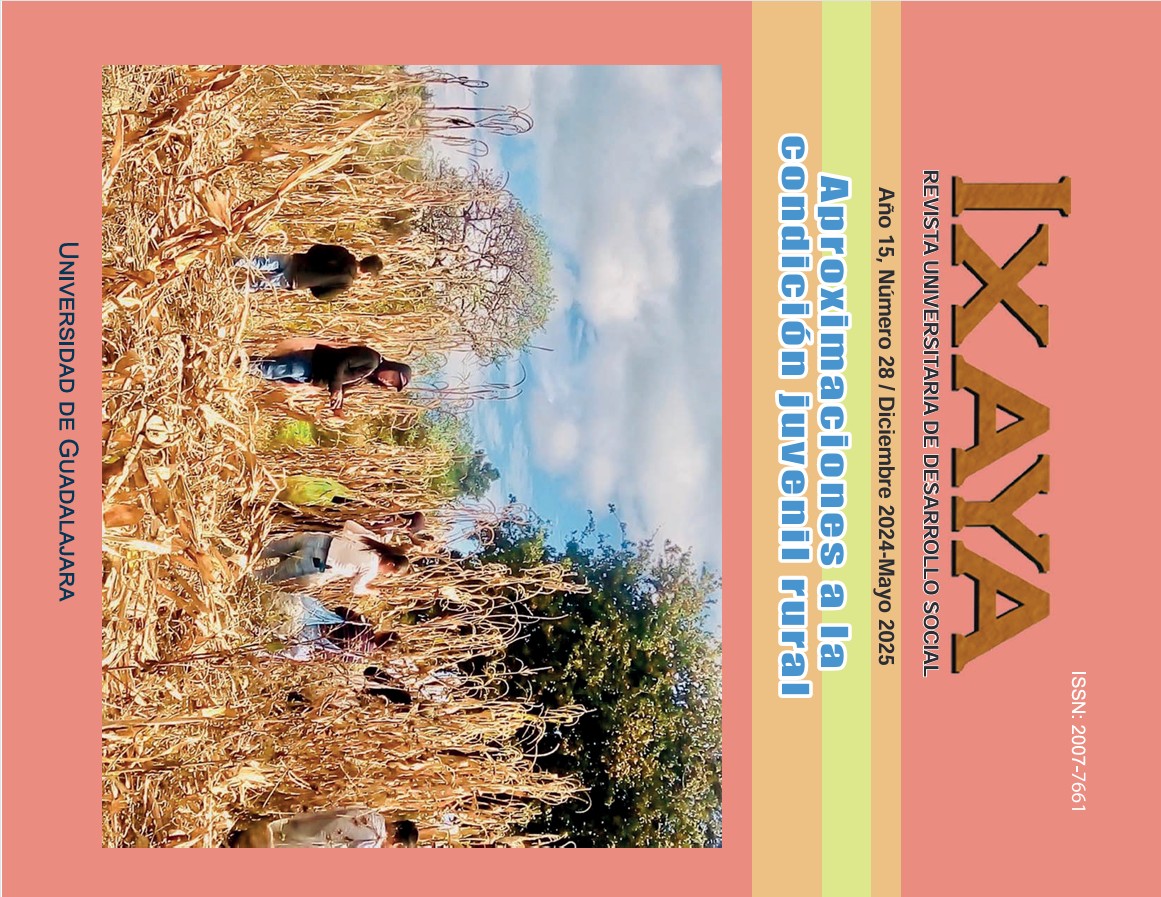Purépecha youth in the autonomist Cherán: processes of political subjectivation and intergenerational relations
Abstract
This papper offers some critical interpretations for understanding the processes through which the youth experience politically the autonomist movement in Cherán, Mexico. The objective has been to understand some of the main processes through which Purépecha youth experience themselves as young people, tensioning and/or reaffirming traditionalist canons and the expectations that have historically been built on them. The Cherán community has implemented alternative ways of social and political organization, such as community bonfires, neighborhood assemblies, and communal government councils. This reconfiguration of politics has implied a reconfiguration of the social as a whole. Autonomism has brought unity but also renewed intergenerational tensions, not only physical and bureaucratic, but also symbolic and subjective. This complexity has been approached from a critical methodological perspective, composed of theoretical-conceptual propositions of post-structuralism and intersectionality, as well as a series of common ethnographic techniques that are crossed by a non-colonial desire related to an anti-racist and non-adult-centric determination. It is concluded that differentiated but not opposed political subjectivations are presented, given that some youths question patriarchal rituals and symbolism, intergenerational hierarchies and chiefdoms, while others reinforce and reproduce community traditionality.Downloads
Published
2024-12-12
Issue
Section
Kaleidoscope

